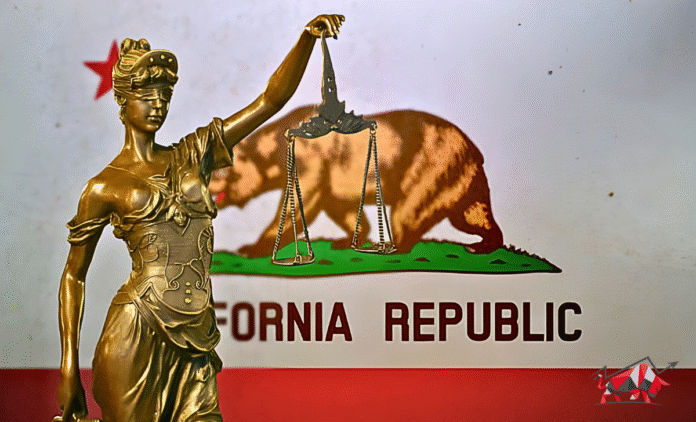California’s legislature has taken a significant step toward legitimizing cryptocurrency as a form of payment for state services. Assembly Bill 1180 (AB 1180), which would allow state departments to accept digital currencies, passed the California State Assembly on June 2 with a resounding 68-0 vote. The bill now moves to the state Senate for consideration.
What AB 1180 Proposes
If enacted, AB 1180 would require the Department of Financial Protection and Innovation (DFPI) to create regulations allowing fees and transactions under the Digital Financial Assets Law (DFAL) to be paid in cryptocurrencies. The DFPI oversees financial services in California, including crypto businesses, which must obtain state licensure to operate legally.
The bill outlines a phased rollout, with the regulations set to take effect on July 1, 2026, pending approval by the Senate and Governor Gavin Newsom’s signature. A pilot program would run through January 1, 2031, as proposed by bill sponsor Assemblymember Avelino Valencia.
To ensure accountability and transparency, AB 1180 mandates the DFPI to submit a comprehensive report by January 1, 2028. This report must detail all crypto transactions processed under DFAL, along with any technical or regulatory issues encountered during implementation.
The bill defines crypto transactions broadly, encompassing any digital representation of value used as a medium of exchange that does not qualify as legal tender.
California’s move mirrors efforts in other U.S. states like Florida, Colorado, and Louisiana, which have recently begun accepting cryptocurrency payments for certain state obligations. If the bill becomes law, California would become one of the most populous states to integrate digital assets into its government payment systems.
Amendments and Related Legislation
AB 1180 underwent four amendments before its passage, the most notable being the removal of a section concerning ride-sharing definitions. This exclusion helped streamline the bill’s focus on digital payments without introducing unrelated regulatory concerns.
The bill also complements Assembly Bill 1052 (AB 1052), known as the “Bitcoin rights” bill. That legislation aims to enshrine the right to self-custody crypto assets for California’s nearly 40 million residents. It passed its first committee vote with an 11-0 tally on May 23 and awaits a third reading.
Broader Implications for Crypto Use in California
AB 1052 also introduces a provision recognizing digital financial assets as valid legal payment in private transactions. It prohibits public entities from restricting or imposing taxes on crypto use solely due to its function as a payment method.
If both AB 1180 and AB 1052 are enacted, California could establish itself as a national leader in crypto adoption and digital asset regulation.


